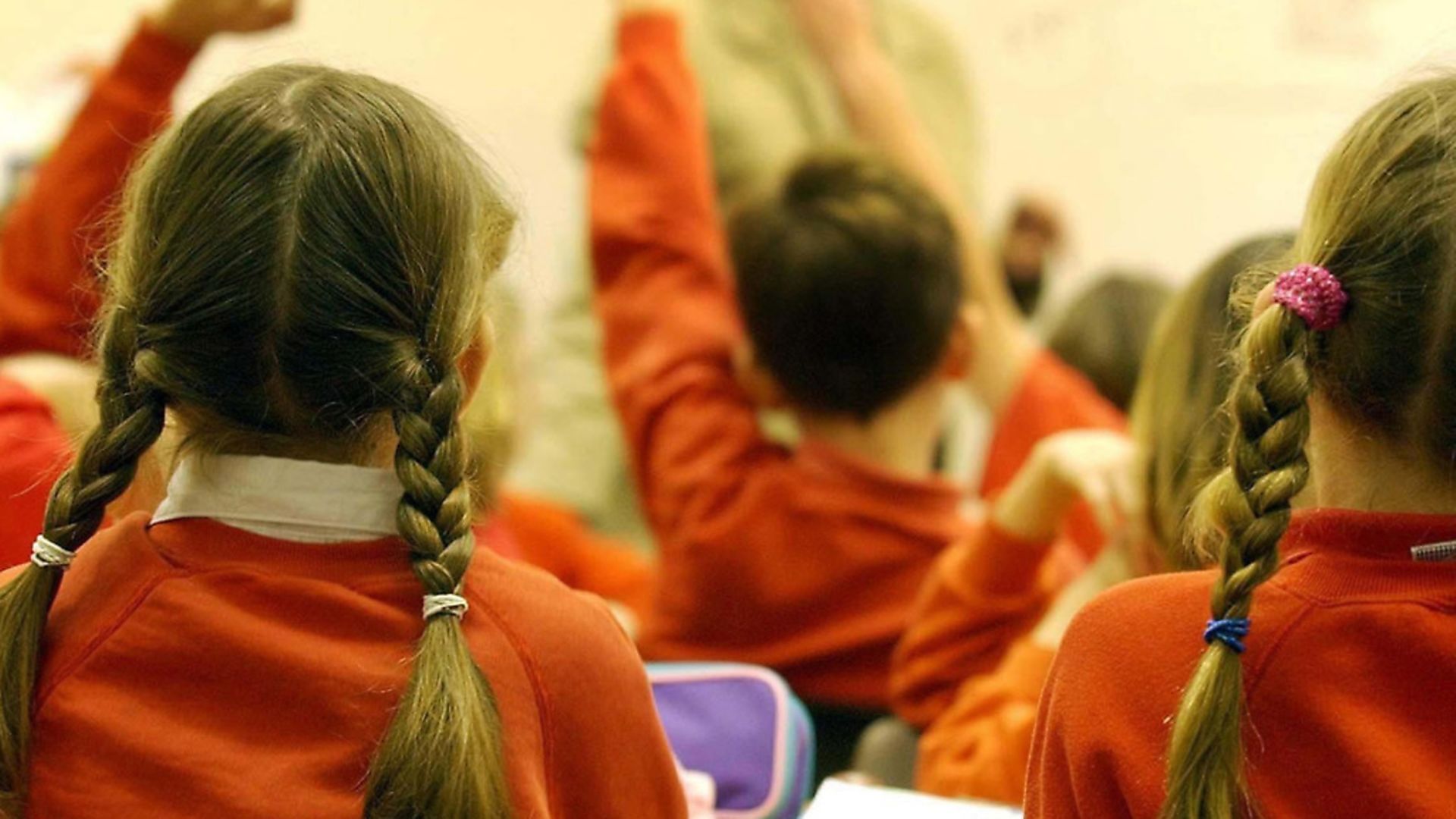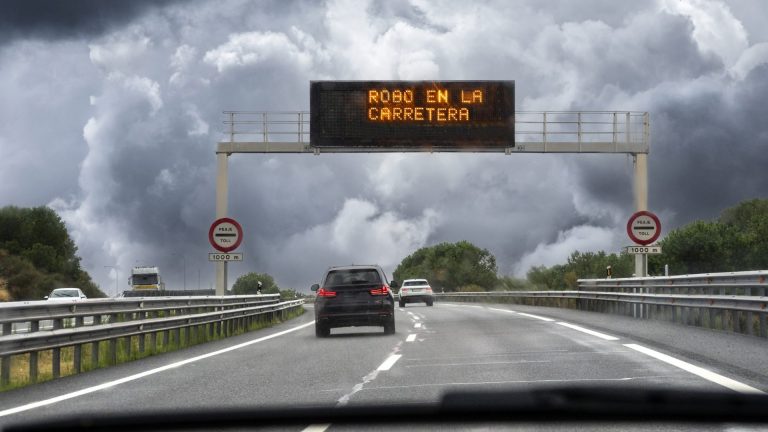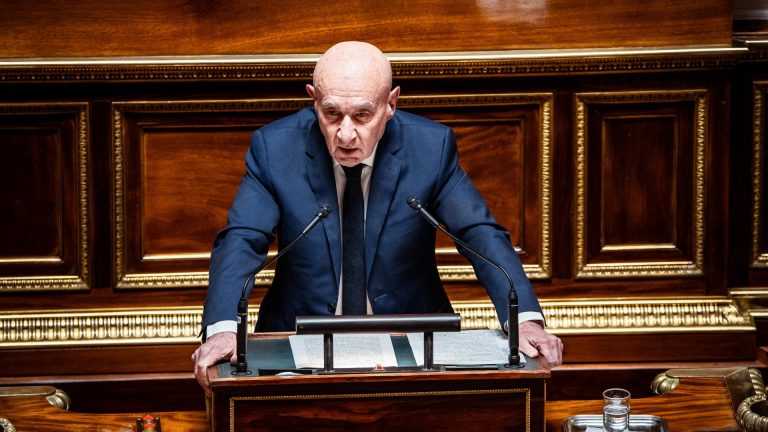
Schools have not been much of a Brexit battleground up until now. But the effects are now starting to be felt
In classrooms up and down the country, the atmosphere is fraught. The demands of exam season weigh on both students and teachers, while the ever-present funding crisis looms large in the background.
As heads battle to persuade trainees that a career in the classroom is still rewarding, governors are forced to choose where dwindling funds are most needed.
It is, to say the least, a turbulent time – and with education likely to be a key battleground in the general election, it’s unlikely to settle anytime soon.
The other shadow hovering on the horizon is, of course, Brexit.
In the world of education, it is universities that have loomed largest in discussions about just what the impact of Britain’s decision to leave the EU will be. But the consequences for schools are also expected to be immense.
During the referendum campaign, the Stronger In organisation warned that Brexit could wipe £7.6 billion off the education budget – equivalent to, it calculated, just shy of 400,000 teachers, 393 new schools, or 2.8 million primary school places.
Despite multi-billion promises made in party manifestos, it is a sobering sum and they are alarming predictions. But already, before Brexit has even begun, there are real fears in schools that dire consequences for education are coming down the line, and all those existing problems, about funding and staff retention, are going to get a lot tougher.
The most obvious, immediate concern is the future of European teachers working in UK classrooms. The numbers have been increasing sharply. Every year, thousands of European teachers come to Britain – the European Economic Area (EEA) has almost doubled the number of teachers it sends to the UK in the last three years, with 4,795 qualified teacher status awards given to those who had previously qualified from within the EEA last year alone. The number from Spain was almost the same as Australia, Canada, New Zealand and the USA put together. Around 85pc of modern foreign language assistants are EU nationals, as well as a third of language teachers.
For one secondary headteacher in Greater London, Brexit looks likely to have a significant impact on staffing. ‘Many of our languages teams are from EU countries and we have a few new European teachers in other fields that arrived last year,’ he said.
‘If the worst did happen and some (European teachers) were not given residency, it would be very big for us. I know some have applied for permanent residency, but one of those has been rejected. Every school in the country is in the same boat in terms of recruitment, so the last thing we need is another hurdle.’
Dr Mary Bousted, general secretary of the Association of Teachers and Lecturers (ATL) union, said schools were already in the midst of an ‘already-critical teacher supply challenge’.
An announcement last year which put an earnings threshold of £35,000 in place for certain non-European overseas workers has already had an impact on teacher recruitment, she said. ‘When the average teacher’s salary in England after 10 years is around £30,000, this cap is effectively what’s sending the majority of non-EEA teachers home, at a time when they’re needed more than ever.’
A similar tough approach with EU teachers, she said, would only deepen the crisis. ‘Schools will lose excellent and settled teachers, with little or no chance of replacing them, with the result of an increasingly narrow and arid curriculum for young people.’
But schools’ Brexit fears extend further than the workforce – with funding, unsurprisingly, among the worries. The European Investment Bank lent the government more than £350 million in less than 18 months to build new schools under its Priority Schools building Programme.
Our future relationship with the bank, which is owned by EU members, is unclear, but ahead of the referendum the EIB, which also lends millions of pounds to local authorities, warned funding would be at risk.
Twinning trips, travel schemes and EU funding – including that for the well-used Erasmus scheme – for projects, facilities and infrastructure are also all in doubt now. And it is hard to see how the numbers of school trips won’t dwindle. If a quick trip to Calais is going to get bogged down in more bureaucracy, or a weekend in Barcelona ends up entangled in red tape, how many already-stretched schools are going to decide it is not worth the money or manpower.
In some ways, the situation is perhaps even more acute in the country’s independent schools, where – though estimates vary – EU citizens are thought to make up about 15% of staff.
Neil Roskilly, chief executive of the Independent Schools Association, said: ‘There is no doubt that post Brexit there’s bound to be an impact, much like in the NHS.’
Brexit had initially seemed to offer the sector a boost, with the fall in sterling making British public schools a more attractive option for overseas parents. But Roskilly said that other consequences of the vote were less favourable. ‘There have been a number of high-profile cases of racial abuse which have been covered both in the UK and abroad, and at the moment Britain may not be an appealing place to send your children to,’ he added.
Indeed, recently released police data indicated an 89% hike in reports of hate crimes in schools in the month before last June’s referendum. It is not hard to see how tensions in the classrooms and playgrounds might have been heightened by claims by Leave campaigners about the pressures that immigrant children were putting on class sizes and demands for places. Never mind the fact that the those children’s parents are contributing to the public finances, it remains to be seen whether some of them will be leaving as a consequence of the vote.
In many classrooms, it is not uncommon to see 20 nationalities learning under the same roof. Heads say making sure tensions in wider society don’t spill into schools is now a main focus, and many have sent newsletters home to reassure parents. As Brexit starts to exert a squeeze on schools, parents, teachers and pupils can expect more bad news.
Lauren Cope is a journalist specialising in education






